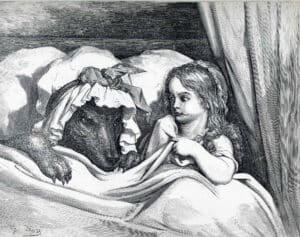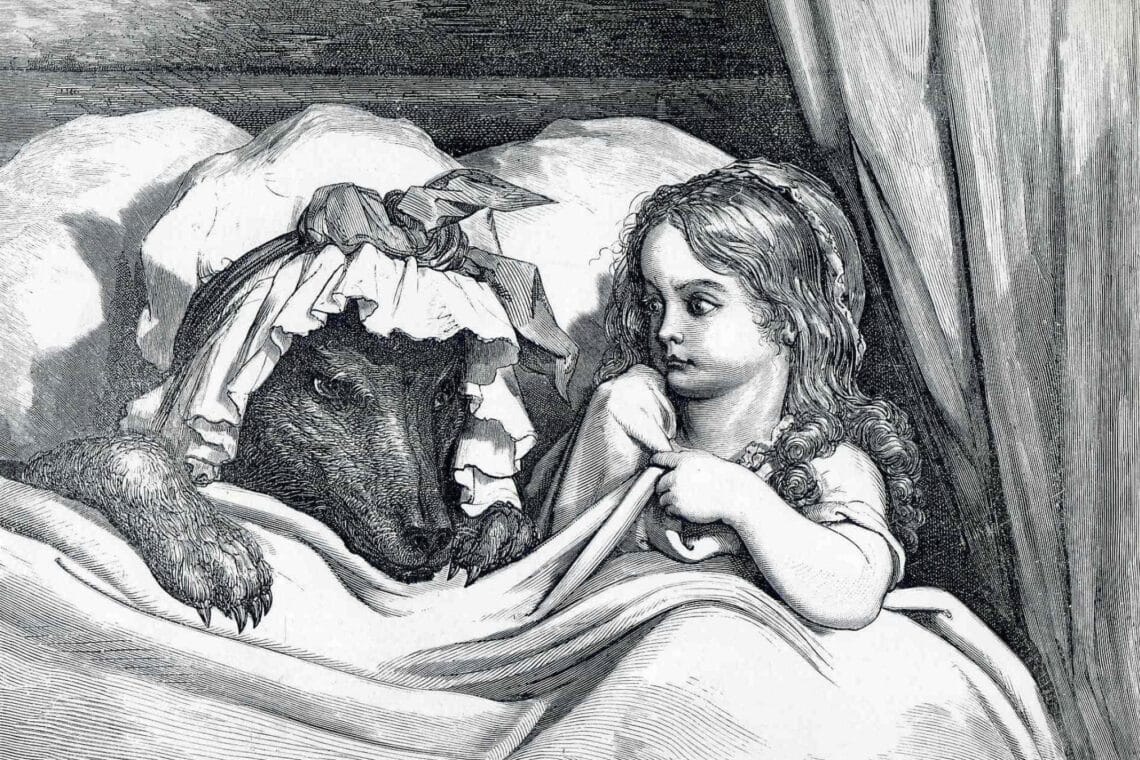Should we change the words in order to change the world?
“And, saying these words, this wicked wolf fell upon Little Red Riding Hood and ate her all up.”
Little Red Riding Hood, Charles Perrault (1697)
We all know that people can be mean and that horrible things are said and done daily. We all know that words can hurt. But don’t be afraid. Some good folks will do everything possible to spare us from the evil world and they will convince us that it is the right thing to do.
I grew up during the Dictatorship in Brazil in the seventies and early eighties, and I remember when films and songs had bits cut out because they were were thought of as being offensive or provocative. Governments have burned books and banned authors under similar claims. Now publishers are replacing acclaimed authors’ words with softer and more neutral ones so that they will no longer hurt anyone. They aren’t alone. Some corners of the Internet have joined them in their quest for a more just world by promoting this type of “word cleansing.”
There have been, and there will be many others, of course, but British writer Roald Dahl is the next big thing. Dahl’s publishers are rewriting words and expressions deemed offensive. Someone on Twitter mentioned it was equivalent to burning books. I can’t but agree. Here we are burning books again, but, of course, we are not saying that we are burning books, for that is too contentious to say: let’s say we are making books inoffensive.
I’m lucky to work at a language institute where learners of all ages read unabridged books. We believe in extensive reading as a path to learning a language and learning about the world around us. Thanks to the literature projects we hold every semester, I have read and reread Ray Bradbury’s “Fahrenheit 451” and Dahl’s “James and the Giant Peach.” Both books have already been banned somewhere at some point in history, yet my students have had access to every original word in them. We have debated the issue of censored books and concluded that just like works of art, authors- living and dead alike- have the right to keep their original texts. It’s up to us readers to decide whether some authors will stay or not.
Big Bad Wolves have always existed and will never cease to exist, no matter how many beautiful words publishers may find to tame them. So, it is high time we started seeing the world for what it is and what it was. We cannot simply erase our history or our heritage. We will only become better humans if we face our past no matter how ugly it may look.
That’s why we cannot go around changing original texts, thinking it doesn’t come with a price. It is one thing to update words or their spelling; it’s another to change them completely. Besides, no single word in a text, written or spoken, is neutral. Publishers claim that they are not changing the authors’ core stories. Are they not? We don’t have to accept the world as it is, but as educators, we cannot completely hide it from our view — much less from our students’ view.

Photo credits: Illustration from Perrault’s Little Red Riding Hood by Gustave Doré



